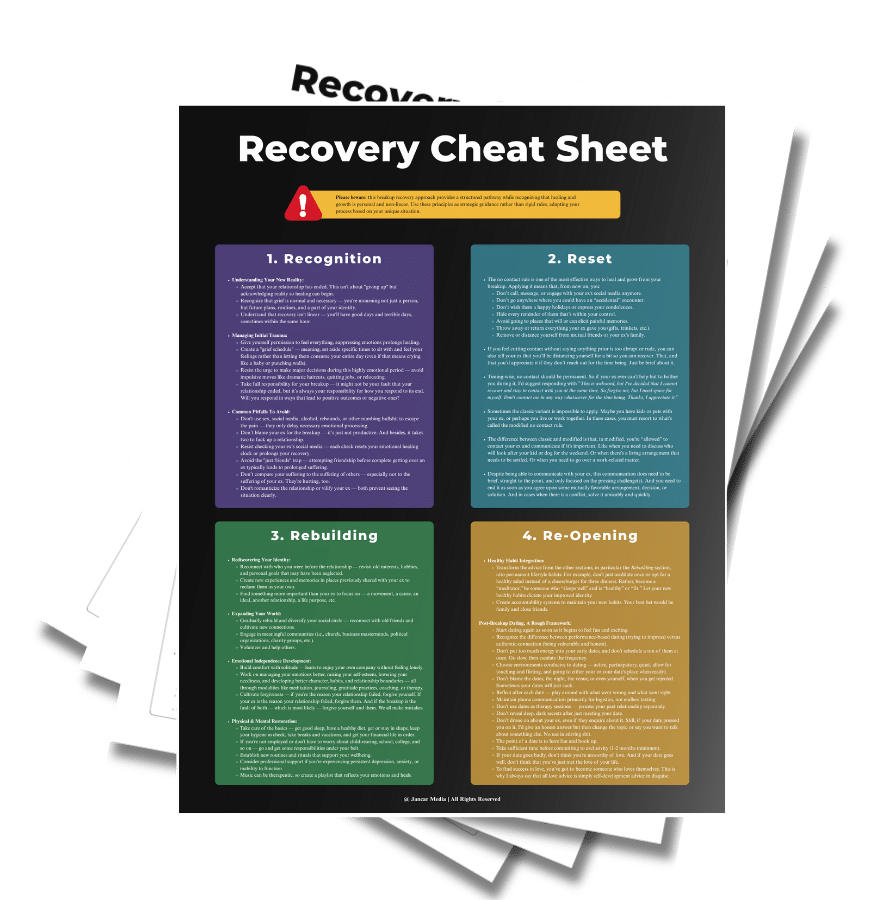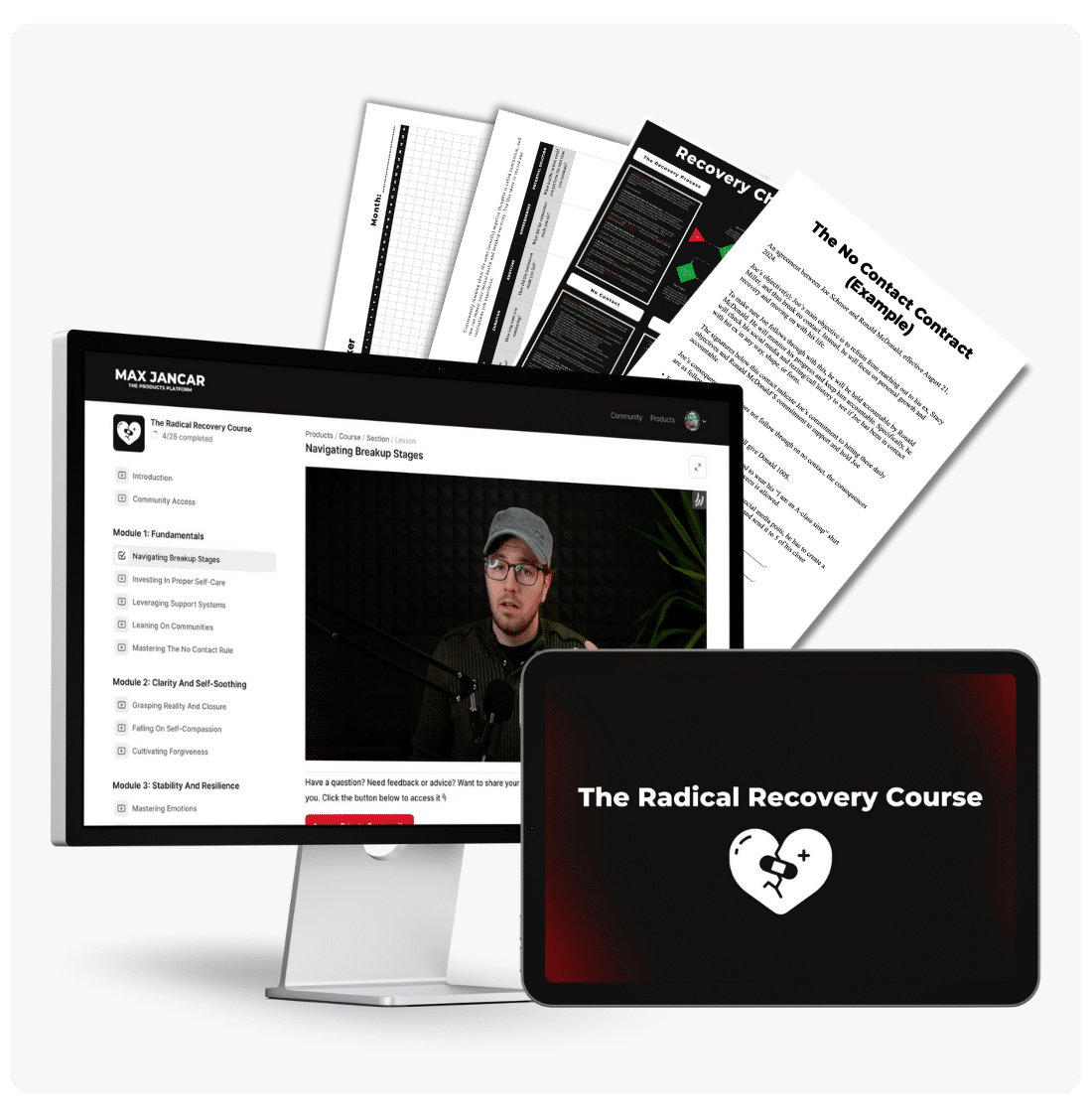Click play to listen to this article.
John Jamelske didn’t have many eye-catching qualities. He was quiet and withdrawn. He underachieved academically. He always worked in low-wage blue-collar jobs like carpeting or construction work. He sucked at sports — apparently even more than me, which is one hell of an achievement.
And out of his drab and emotionally crippled life bore a dangerous belief, one he often publicly expressed: I deserve better, I deserve more. It was this belief, coupled with his perseverance, resourcefulness, and emotional issues, that corrupted his sense of morals and drove him to start ruining other people’s lives.
In 1988, John’s wife became bedridden from disease. His main concern, however, was not how she felt or how to help her. No, his main concern was where to get laid now that his wife couldn’t fuck him anymore. And just like that, believing he deserved better, he went on a cheating spree.
But what started as simply seducing women and bringing them home quickly morphed into kidnapping minors and dragging them into a homemade sex dungeon where he raped them daily.
John even fed these girls bullshit stories about how he had a prominent role in an underground slavery syndicate, which the police were a part of, and how he would have their families killed if they snitched.
The more girls John kidnapped, the more intensely he believed he deserved to rape them. And the sicker his wife got, the more frequently he justified his crimes. His rationalization was that he needed to unwind due to stress at home. And while there was more to John’s malice than a sick belief about deserving, we can’t ignore how greatly it affected his actions.
Moral of the story? Believing we deserve a bunch of feel-good shit never ends well. Worst case scenario, we end up like John. Best case scenario, our happiness degenerates. After all, our happiness is proportional to how well we deal with this deservedness narrative.
Here’s what I mean: we can’t help but think along the lines of cause and effect. Getting better at communication leads to fewer arguments. Overcoming insecurities leads to being more attractive and magnetic. Frequent meditation leads to faster breakup recovery and higher baseline happiness.
At its simplest, actions have consequences. And we, as humans, are wired to automatically assume that we deserve whatever consequences follow our actions.
But what about when something nasty and unexpected, like a breakup, befalls us? Well, even though we didn’t necessarily, single-handedly, cause it, our minds will have a hard time letting go of the idea that we aren’t somehow deserving of the breakup. That’s why one of the most common phrases I hear heartbroken people utter is, “What did I do to deserve this?”
Now there are a few different ways people cope with this feeling of deserving their breakup:
- Some buy into the narrative of fate or destiny and decide to believe that their suffering has some higher, unknowable purpose.
- Some opt for the religious route and choose to believe that God has a plan for them and that, thanks to him, everything will make sense eventually.
- Some internalize their pain and settle that they got into a breakup because they are, in some way, fundamentally broken — they start hating themselves and believing they deserve to suffer.
The truth is, all of these responses suck. Because you don’t necessarily deserve anything after your breakup, good or bad. I’d argue that the belief is not only incorrect but even dangerous. It leads to self-absorption, entitlement, and, as illustrated in John’s story, crime, hate, and violence.
Instead, here’s a simpler view on breakups to adopt: they happen. Sometimes they bring about good consequences. Other times they bring about bad ones. The point is to simply do things you believe will lead to good ones and avoid doing things that might lead to bad ones. That’s it. And you can use this formula for just about any setback.
So if you recently got into a breakup, that’s life. Random, chaotic, often thankless, and unfair — to some people more than others. Accept you’re hurting, engage the pain, feel your emotions, learn what you can do better in your next relationship, and then actually do better. Deserving should not be a part of your mental equation. Only self-improvement, topped with brutal honesty and self-compassion.
This cheat sheet lays out 40+ solutions to overcoming a breakup so you can create a new opportunity for love — be that with your ex or someone completely different.
Get The Free Cheat Sheet


